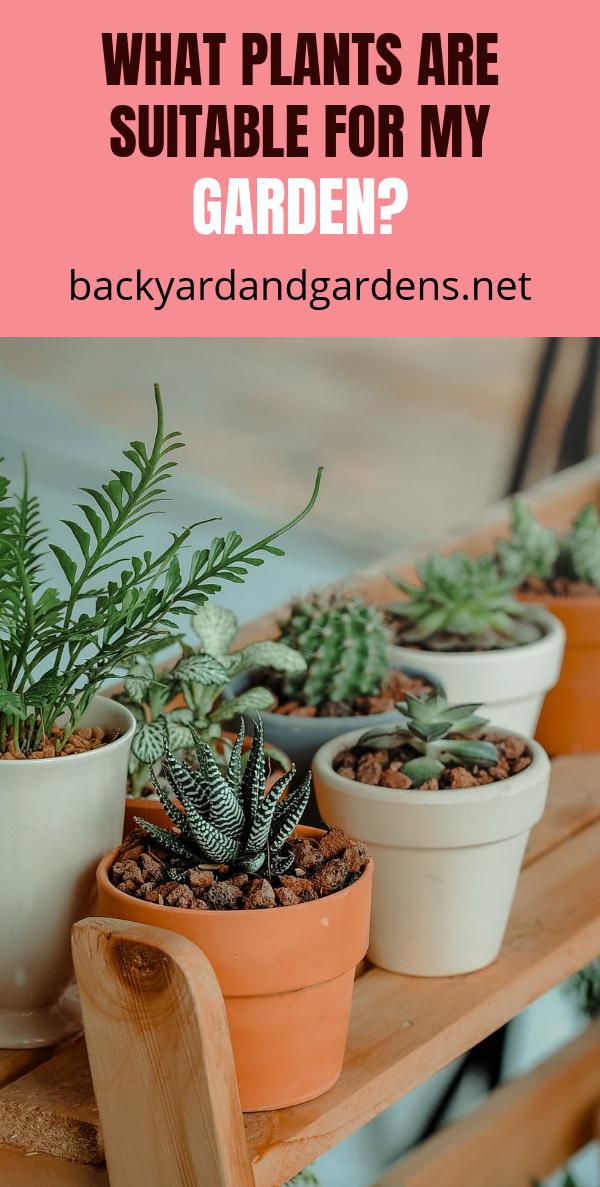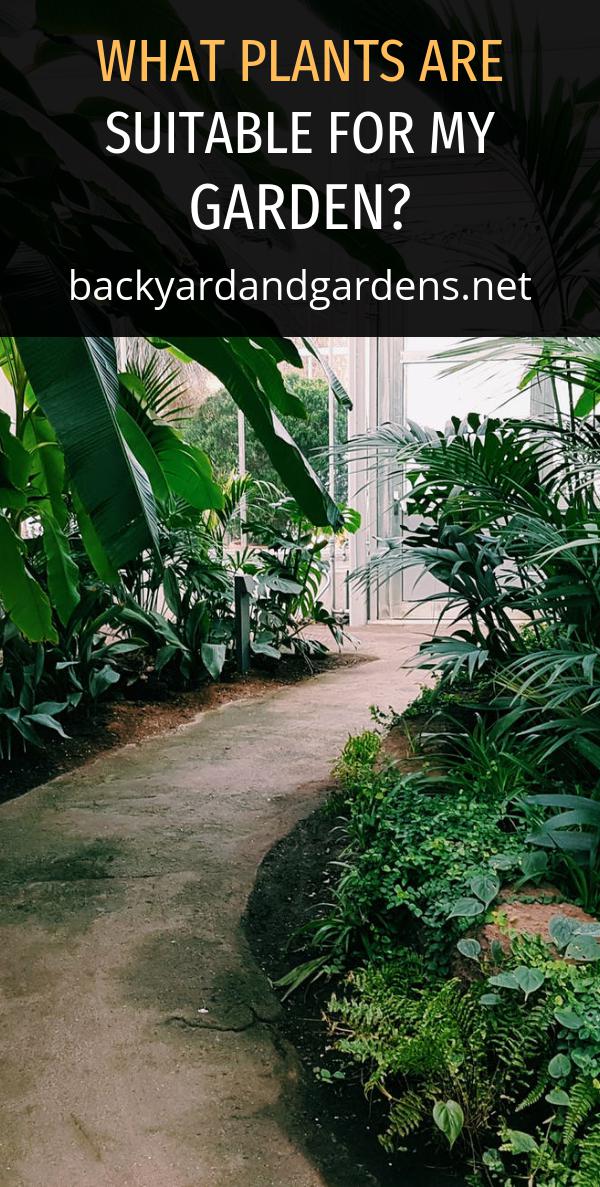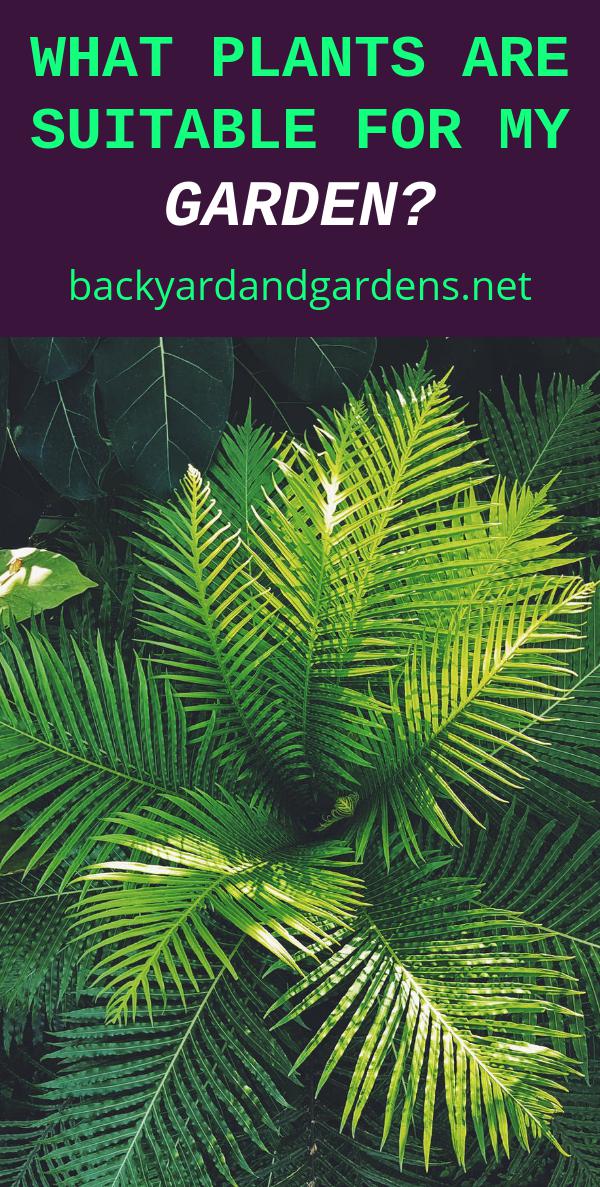What Plants are Suitable for My Garden?
Let’s face it, when it comes to garden design you will find that it is not exactly that easy. You have to know what is best for your particular area and garden. Not only that, but there are many other things that go into the mix as well. So we decided to try and help by answering some of the most common questions.
“What plants are suitable for my garden?” The answer to this question is basically as wide and varied as the number of plants that you have. So, you could have a very modern garden or one that is full of eclectic plants. But regardless of what your garden design is, just make sure that you take into consideration where you want your plants to be. And for that, you can simply ask yourself, what do I like best?

“What kind of theme am I going for?” This is probably the most important of all garden design questions. One of the most common themes for a garden is the garden of stately. Many people simply like to get away from their everyday problems and relax, and so they choose to create an atmosphere that resembles this for their garden.
If you are trying to come up with a themed garden, you may want to ask yourself the next question, how old is the house that you live in? This is important as most houses do not allow much foliage, but if the house has been built recently, it may allow for a more open space to get your creativity flowing.
You can also start to ask yourself questions on how you want to set up your creative garden. Some people like to just keep the home looking very clean, while others will choose to add a bit of variety into their garden design. Just remember that any ideas that you can imagine are going to be good enough for a great garden. Go wild!
An interesting and nice idea for gardening can be to use your own flowers to create a unique feel. Many people prefer a really large garden, whereas others prefer to keep everything fairly simple. When you are designing a garden from scratch, try to think of what it would be like to grow your own flowers. It can be a very soothing experience and a real accomplishment.
So, we said that garden design questions can vary, but these are some of the most common ones. The next thing that we would like to discuss is how well you know your garden. Even though you will find that garden design can be fairly easy, you still need to have some experience before you get started. It is important to remember that the most difficult part of gardening is always learning.
You will need to know what types of plants thrive best in your climate and conditions, and how to choose new plants and shrubs that will compliment your current garden. Your garden can become beautiful and varied if you know where to start, how to pick your plants, and how to care for them once they are in your garden. You should also know how to prune plants, and when it is appropriate to do so. Good gardening skills also mean that you should be able to tell a rose by its shape, and you should be able to recognize a tomato from a cucumber.
Garden design questions can also vary depending on where you live because different environments call for different practices. If you live in a dry climate, you should use more water than you would if you lived in a wet climate. In the southern states, for example, watering gardens is a must, but in the northern states, watering is usually not needed. It all depends on where you live.

There are also a few other garden design questions that you may want to consider. Many people wonder about certain features, such as large pots or vases, or a larger wall to place large plants against. How large should the wall be? How will you be placing the vase or pot? These are all questions that you should ask yourself before you get started, but one that we can say definitely will not be a problem is the fencing.
Most of the garden design questions you will find are completely self-explanatory, but here are a few tips: What types of plants are available in your region? Is it a perennial type, an annual, etc?? Have a nice garden plan to get your mind at ease, then proceed with your garden design.
